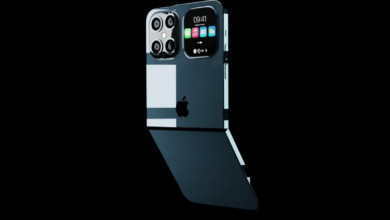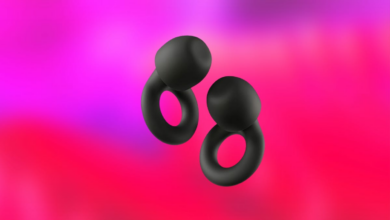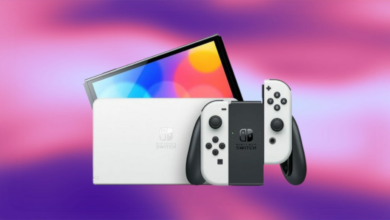Stop rinsing after brushing. Your teeth will thank you
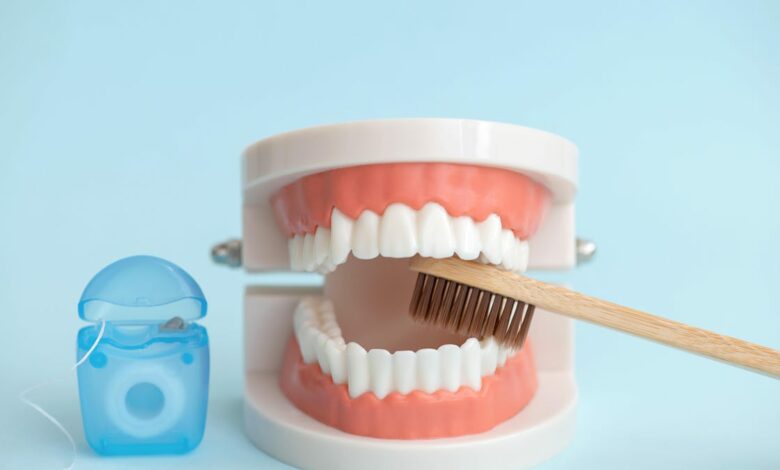

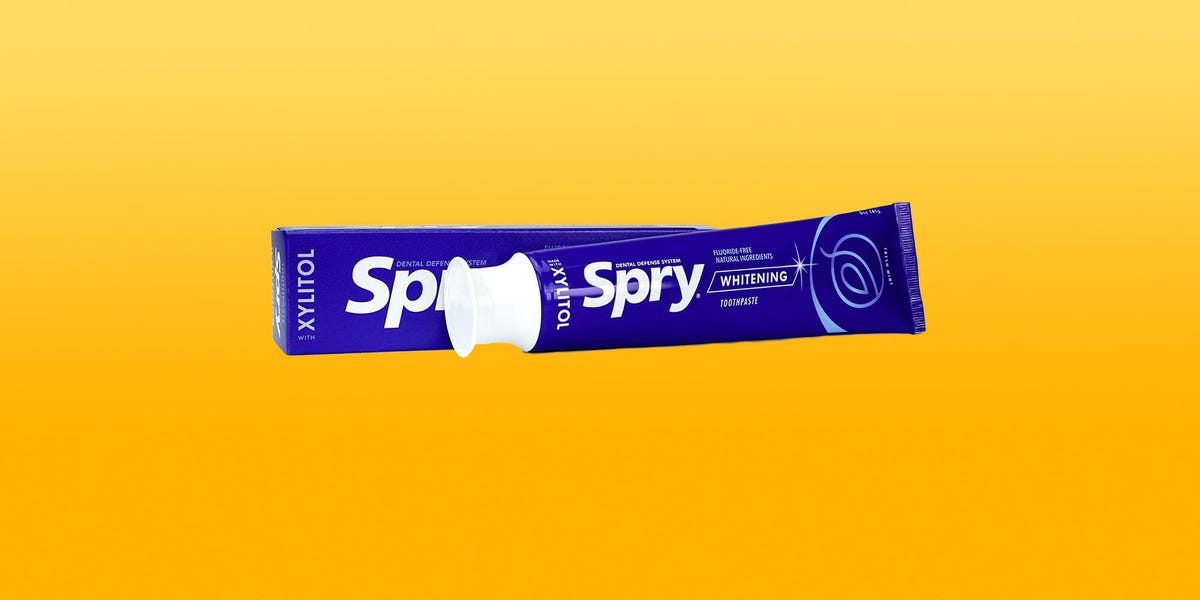
Just because you’ve done something your whole life doesn’t mean it’s too late to change. I used to rinse my mouth thoroughly after brushing to get rid of the toothpaste taste, until I realized that I was actually reducing the effectiveness of my brushing.

In an interview with Edmond Hewlettconsumer advisor for the American Dental Association and professor at the UCLA School of Dentistry, I learned exactly why I shouldn’t rinse after brushing. By leaving the toothpaste in my mouth longer, the fluoride can better protect against tooth decay and gum disease. Read on to find out why it’s better to skip rinsing after brushing, and get more tips on how to optimize your oral health.
Why You Should Stop Rinsing With Water After Brushing Your Teeth
Fluoride is a key ingredient in toothpaste that helps make your tooth enamel harder and more resistant to the acids that cause cavities. Hewlett says it’s the most proven effective ingredient in toothpaste, so make sure yours has fluoride.
Brushing your teeth removes all the stains and bacteria from food and sugary drinks. If you go a step further and skip rinsing, you let the fluoride from the toothpaste stay in your mouth longer, giving you a better effect from the fluoride.
Wait at least 15 minutes after brushing your teeth to drink water. After brushing your teeth, Hewlett explains, your saliva will wash away the toothpaste, so you won’t taste it all day.
What if you always rinse your mouth after brushing your teeth?
If you’re just learning this tip, you might think that all your hard work of brushing every day has been undone. That’s not true. Hewlett says that as long as you brush your teeth the standard two times a day for two minutes, the fluoride stays in your mouth to protect your teeth.
You are still doing what you need to do to maintain good oral health and protect your teeth, not rinsing is just an extra step to make the fluoride even more effective.
“When you measure the fluoride level in a person’s saliva, and they don’t rinse, there’s more fluoride in there,” Hewlett said. However, it’s not a waste of time if you rinse. He said research is still being done to determine what the difference is in the long term in preventing cavities.

Your own dental health also plays a role
There are different levels of risk for getting cavities from person to person, Hewlett said. “If you don’t normally get cavities, then you should continue to use fluoride toothpaste. The decision to rinse or not rinse after brushing probably won’t make a difference.”
On the other hand, for those who struggle with cavities, not rinsing is probably a better decision. Additionally, you should get help from your dentist to figure out why you are getting cavities on a regular basis. For example, it could be your eating habits, eating sugary snacks, or not brushing your teeth regularly. If you are at a higher risk for cavities, you should do everything you can to prevent them.
What about using mouthwash after brushing your teeth?
Most mouthwashes contain less fluoride then toothpaste, so rinse with mouthwash right after brushing your teeth can wash away the concentrated fluoride from your teeth. Instead, use mouthwash at another time, such as after lunch or coffee.
More tips to improve your toothbrushing
Here are some additional tips to maintain your oral health.
- Always use a soft toothbrush, never a medium or hard one. Hewlett said anything other than soft can increase the risk of gum recession.
- It doesn’t matter whether you floss before or after brushing your teeth, as long as you floss once a day to remove plaque and stuck-on food particles.
- You don’t have to brush your teeth aggressively to get them clean. While scrubbing your dishes extra vigorously can make them extra clean, it’s unnecessary for your teeth and can lead to gum recession.
- Brush gently along the gum line with a soft brush to prevent gum disease.
- Always consult your dentist for personal advice. They understand what your oral health profile looks like.

